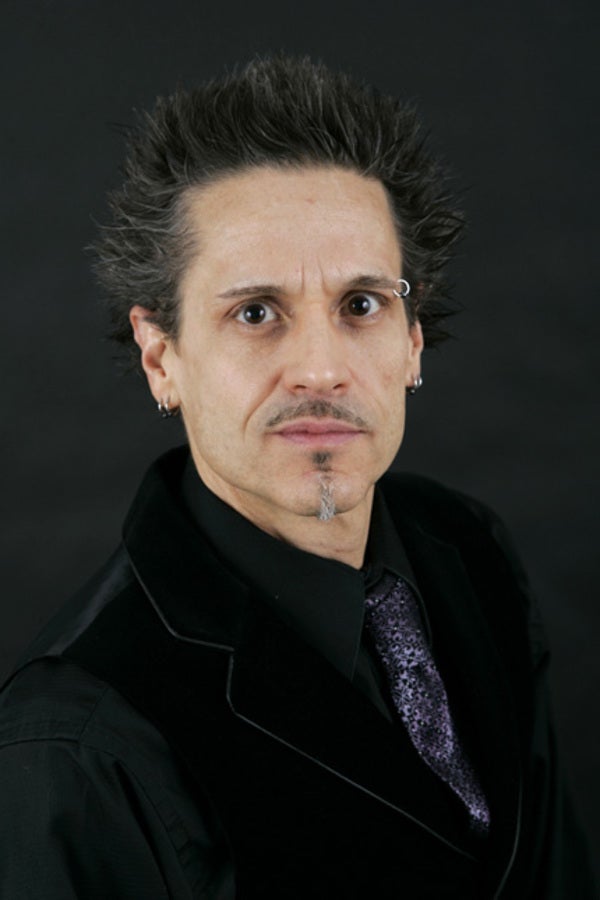Derek Sweet

Communication Studies Department Head
Biography
Education: Ph.D., Human Communication Studies, University of Denver
Derek Sweet has been a professor in the communication studies department since 2005, focusing on the topics of rhetoric and public address. Some of his course topics include Public Address, Advanced Public Address, Rhetoric of Everyday Life, Rhetoric of Spirituality, and Media & Popular Culture.
COMS 132 Public Address
A study of the principles of speech composition, organization, and delivery; emphasis on the role of public address in a democratic society. Each student gives a series of speeches.
COMS 234 Rhetoric of Everyday Life
This course examines the intersection of rhetoric, identity formation, and cultural contexts. During the course of the semester, students explore the way in which active human agents employ everyday rhetorical texts (e.g. conversation, instant messaging, fashion, home decor, music, art) as a means of constituting, negotiating, and transforming the cultures and communities in which they live. The course provides a variety of theoretical frameworks for understanding everyday human interaction as significant meaning-making event and active site of the rhetorical performance of self, other, power, authority, and place.
COMS 255 Advanced Public Address
This course delves into the rhetorical tradition of the U.S. through a study of significant historical and contemporary speeches and their respective audiences. An understanding of rhetorical situations and responses culminates in an advanced public speaking experience. Students will write and deliver speeches at the end of the semester. Offered alternate years.
COMS 354 Persuasion Theory
The course examines contemporary persuasion theory and its applicability to the media of news, advertising, and political communication.
COMS 359 Media and Popular Culture
An in-depth exploration of the relationship between mass media and culture with particular emphasis on the relationship between the media of mass communication and particular fundamental institutions, such as family, government, religious institutions, and the commercial sphere. The course will also offer opportunities for student research concerning how media influence language, values, and social norms.
- Ph.D., Human Communication Studies, University of Denver, 2005 Dissertation: “Performative Rhetoric and the Reclamation of the Subcultural Self.”
- M.A., Speech Communication, Colorado State University, 1995 Thesis: “Samuel Adams and the Rhetorical Requirements of Leadership.”
- B.A., Speech Communication, Colorado State University, 1990